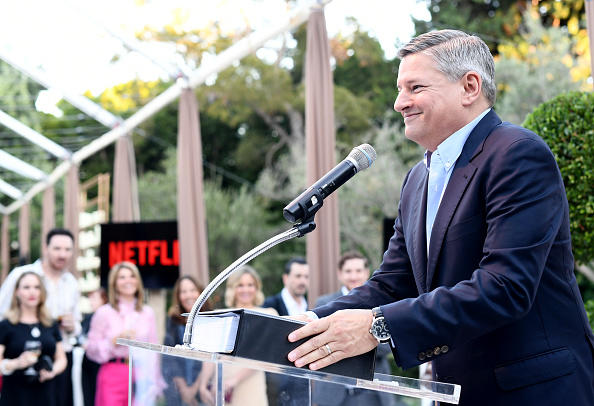On May 7, Georgia’s Governor Brian Kemp signed a “fetal heartbeat” abortion bill that is among one of the most restrictive in the country. Georgia is not alone in trying to pass abortion bills that would essentially make the procedure impossible to obtain. However, the state may face consequences from one of its major players — Netflix.
Film and television production in Georgia had a total economic impact of $9.5 billion in 2017. As streaming services begin to pour billions into creating original content, that’s revenue the state doesn’t want to miss out on. However, the newly signed abortion bill may harm Georgia’s relationship with Netflix.
The streaming platform’s chief content officer, Ted Sarandos, told Variety:
“We have many women working on productions in Georgia, whose rights, along with millions of others, will be severely restricted by this law. It’s why we will work with the ACLU and others to fight it in court. Given the legislation has not yet been implemented, we’ll continue to film there, while also supporting partners and artists who choose not to. Should it ever come into effect, we’d rethink our entire investment in Georgia.”
Netflix stars Jason Bateman of “Ozark” and Alyssa Milano of “Insatiable,” have already spoken out to say they’d stop filming in the state if the law takes effect.
The majority of Hollywood studios elected to remain quiet about Georgia. After Sarandos’ statement, Disney’s CEO, Bob Iger told Reuters that it would be “very difficult” to film in Georgia if the new law goes into effect.
However, some have pointed out that it’s unlikely this approach will lead to anything changing. After all, part of the issue is that pulling production doesn’t immediately impact politicians. They aren’t the ones working on film and television shows.
“Saying, ‘We’re going to yank production out of your state if you don’t reverse,’ I’m not sure Kemp cares about that. It feels as though he’s willing to risk jobs and millions of dollars to be the hero that gets his law to go to the Supreme Court,” Heidi Fugeman Lindelof, board member of the Center for Reproductive Rights, told Variety.
The abortion ban is a complicated issue. It won’t be solved with any state boycotts or simple bans. Moving forward, it’s vital to listen to organizers on the ground working around reproductive justice.

